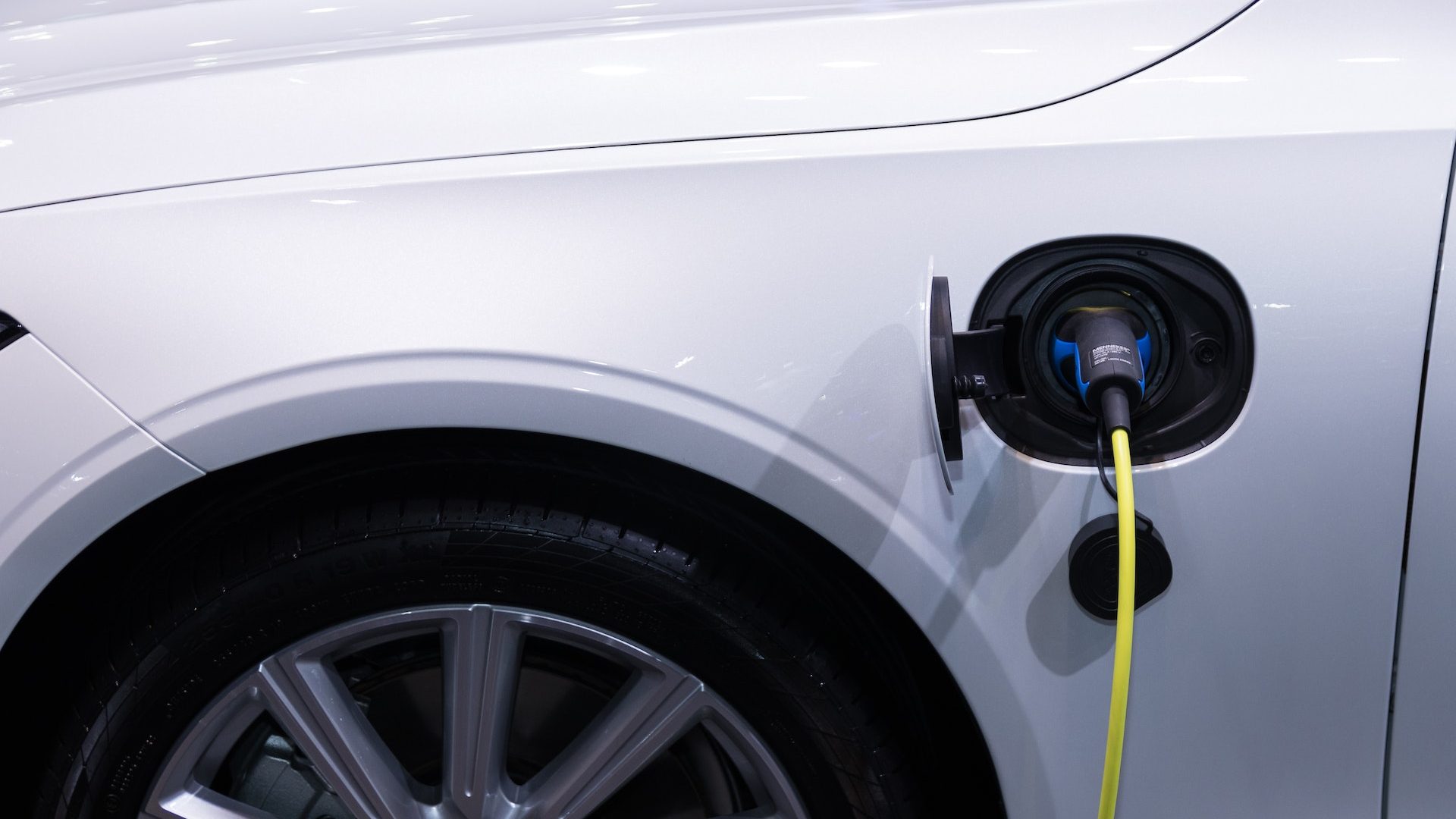Michigan Congressman Dan Kildee unhappy over White House EV trade agreement with Japan without Congress approval
The agreement gives the U.S. access to minerals needed for EV battery production.

Michigan Congressman Dan Kildee is unhappy with a recent automotive trade deal signed between the U.S. and Japan, saying it sets a bad precedent.
The agreement gives domestic automakers additional access to the minerals needed to build electric batteries. In return, it also allows Japanese vehicles to qualify for U.S. tax credits.
The deal is part of the Biden administration’s push to create an electric vehicle supply chain that does not rely on countries like China.
But Rep. Kildee (D-Flint) says trade agreements should be examined and approved by Congress, not enacted solely by the White House.
U.S. Rep. Dan Kildee: The [Biden] administration’s just taking the wrong approach. Congress, under the Constitution, has the authority to regulate trade between nations. And even though I agree with the goals and we have an ally in Japan, there’s no way that Congress can just look the other way while an administration purports to negotiate trade agreements, which is the authority that the framers vested in Congress. It’s a slippery slope. I’m very much worried that this could set a precedent that could lead to future presidents negotiating with other trading partners on terms that we would find very objectionable. I want us to sit down and negotiate an agreement that comes to Congress for its approval. That way we can deal with all the other issues that we’re facing when it comes to our trading relationship with a partner like Japan.
Quinn Klinefelter, WDET News: The U.S. Trade Representative’s office says it can go forward without congressional approval. They say they’re allowed to negotiate trade deals at the executive level. You don’t agree with that?
They can negotiate, but negotiation and ratification are two entirely different things. And the way we have proceeded over the years is that Congress sets the framework for what a trade agreement should look like. And then the administration, through the U.S. Trade Representative, goes and negotiates that agreement in consultation with Congress. But then it comes back for our approval. What they’re suggesting is not only do they have the authority to enter into the face-to-face negotiations, but also to take the authority that the Constitution vested in Congress as if it is their own.
Now, this is a friendly administration. Joe Biden’s a friend. But we can’t simply allow the authority that the framers vested in Congress to be taken away because it’s more convenient.
Beyond those concerns, the whole idea of this kind of arrangement is to source materials for electric vehicles by relying on domestic producers or free trade partners. That’s so the U.S. can have a supply chain that doesn’t depend on countries like China. Some U.S. automakers complained that they might have trouble finding enough approved trade partners to get that kind of material and meet the legal deadlines. Now we have this deal with Japan that would at least, it appears, satisfy some of the concerns from those areas. But then you say that you have some concerns about agreeing to new trade deals with Japan in particular?
I do. For example, it’s almost impossible for U.S. automakers to sell a vehicle in the Japanese market because they use technical non-trade barriers to prevent our vehicles from ever qualifying under Japanese law. Meanwhile, lots of vehicles produced by Japanese automakers in Japan and the United States are flooding the U.S. markets. So if we’re going to have a conversation with Japan, and enter into a trade relationship that is formalized through a trade agreement, I want to talk about U.S. autos being accepted into the Japanese market. I want to talk about Japan’s willingness to block dairy products, for example, from being exported into their markets. There’s a complicated trade relationship with Japan that can’t just be papered over by doing this limited agreement. It benefits their producers of these critical minerals, which we obviously need, but there’s a much bigger set of issues.
In related news, Kildee announced Friday that he’s been diagnosed with cancer. The 64-year-old released a statement saying he has squamous cell carcinoma on one of his tonsils. The Flint Democrat says he will be away from Congress following his surgery in a few weeks.
Kildee shared that doctors have told him his prognosis is excellent.
WDET’s Russ McNamara contributed to this story.
Trusted, accurate, up-to-date.
WDET strives to make our journalism accessible to everyone. As a public media institution, we maintain our journalistic integrity through independent support from readers like you. If you value WDET as your source of news, music and conversation, please make a gift today.

